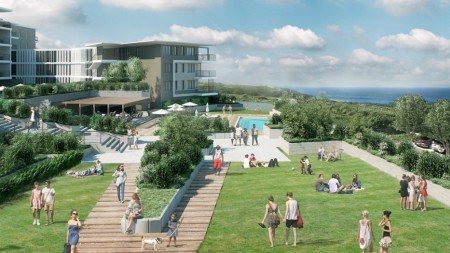South Africans that want to get on the property ladder but cannot afford to buy their dream home are buying cheaper properties and renting them out instead.
South Africa is currently seeing the emergence of a new type of property buyer known as a “rentvestor”, says Gerhard Kotzé, MD of the RealNet estate agency group.
“Quite simply, these are people who may not be able to afford to buy in the areas where they live and work, but are so determined to become property owners anyway that they are seeking out less expensive areas with a promising future and buying homes there that they may then let to others,” he says.
“In other words, they are often becoming landlords themselves while remaining tenants – which is a new take on the buy-to-let model where one generally finds that the investors own their primary residences.”
Writing in the realNEWS newsletter, Kotzé says rentvestment is generally taking place in bigger urban centres and especially in Cape Town and Johannesburg, where these investors will often rent a high-end property in an upmarket area or estate to live in, and then buy up flats and townhouses in less expensive areas where rental demand is high and the achievable rentals will almost cover their bond repayments and other monthly costs such as levies and rates.
“In other instances, we are seeing rentvestors who need to live in the city for work reasons choosing to rent smaller, convenient apartments there and buy bigger properties in smaller towns where they go for weekends and may eventually live permanently. . “And increasingly, we are now also seeing rentvestors checking out niche markets like student accommodation, or storage units, or even Airbnb units in popular holiday destinations.”
He notes that the rentvestment trend – which is also growing in other parts of the world - is being facilitated by technology which gives property buyers of all sorts much easier access to quality information and statistics, and also allows them to communicate and collaborate much more easily.
“In any case, it is enabling increasing numbers of resourceful South Africans to have the best of bother worlds, by living where they choose while investing for their financial future elsewhere, and we expect it to play an increasingly important role in the market, especially among first-time buyers.”




